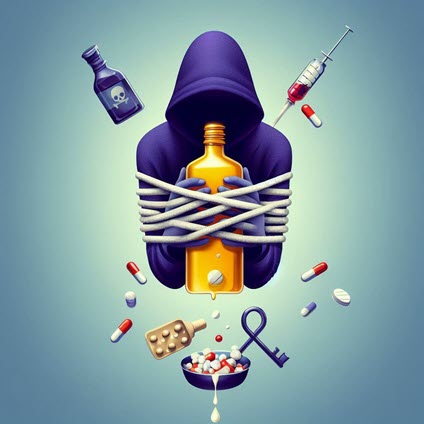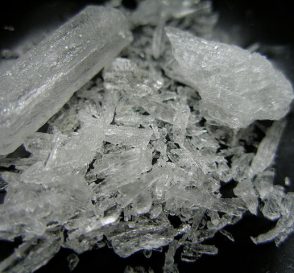Cough syrup addiction is a growing problem, especially among teenagers and young adults. While many people may think nothing of taking an extra spoonful of cough medicine to help suppress a bad cough, regular abuse of these medications can lead to serious health consequences.
In this article, we’ll explore what cough syrup addiction is, what causes it, the effects it has on the body and mind, and how to overcome this potentially life-threatening habit.
Table of Contents
What is Cough Syrup Addiction?
Cough syrup addiction refers to the compulsive use of cough and cold medications to achieve intoxicating effects, rather than for their intended therapeutic purpose.
These medications often contain active ingredients like dextromethorphan (DXM) and promethazine that can induce dissociative or euphoric sensations when taken in high doses. Just like any other substance, people can develop a psychological and physical dependence on cough syrup.
What Causes Cough Syrup Addiction?
There are a few key reasons why someone may start abusing cough syrup:
Enjoyment of dissociative effects – Some of the active ingredients like DXM produce feelings of detachment from reality that some people find enjoyable. This dissociative “high” is the primary reason for abuse.
Peer pressure – Often cough syrup addiction starts amongst groups of teenagers or young adults experimenting together. Peer influence can drive more regular abuse.
Self-medication – Those struggling with untreated mental health issues like anxiety or depression may turn to cough syrup’s sedative effects to “self-medicate” and cope with difficult emotions.
Availability and affordability – Cough syrup is inexpensive and readily available at pharmacies and grocery stores without a prescription, making it easy to obtain in large quantities.
Physical and Mental Effects of Cough Syrup Addiction
When abused regularly, cough syrup can wreak havoc on both physical and mental health:
Physical effects:
– Liver damage
– Kidney failure
– Seizures
– Heart palpitations
– Loss of coordination
– Slurred speech
Mental effects:
– Depression
– Irritability
– Paranoia
– Confusion
– Delirium
– Brain damage
In extreme cases, cough syrup overdose can lead to respiratory depression, coma, and even death. The risks increase when cough syrup is combined with alcohol or other medications.
Overcoming Cough Syrup Addiction
Professional treatment and a strong support system are crucial to sobriety for those dependent on cough syrup.
Some steps to overcoming addiction include:
– Medically-supervised detox to safely wean off cough syrup and manage withdrawal symptoms. This is crucial to avoid complications like seizures.
– Entering a rehab program to receive counseling, education, relapse prevention skills, and aftercare planning. 30 to 90-day inpatient programs are most effective.
– Joining a recovery community or support group like Narcotics Anonymous. Connecting with others battling addiction provides mutual understanding and bolsters commitment to sobriety.
– Making lifestyle changes to avoid triggers, build healthy routines, and find meaningful ways to cope with stress without abusing substances.
With professional help and dedication to a sober lifestyle, it is possible to overcome cough syrup addiction and reclaim your physical and mental wellbeing. The road to recovery starts with asking for support.
You Have the Power to Quit
If you or a loved one is addicted to cough syrup, don’t lose hope. With the right treatment plan and support system, you can take control of your health and future. Be honest with your doctor about your substance use, research available services in your area, and lean on family or friends who want to help you get well. You can also have a Soberity journal to track all this.
Though the path may not be easy, sobriety is within your reach if you take that important first step. You hold the power to quit cough syrup abuse – and achieve the happy, fulfilling life you deserve.




